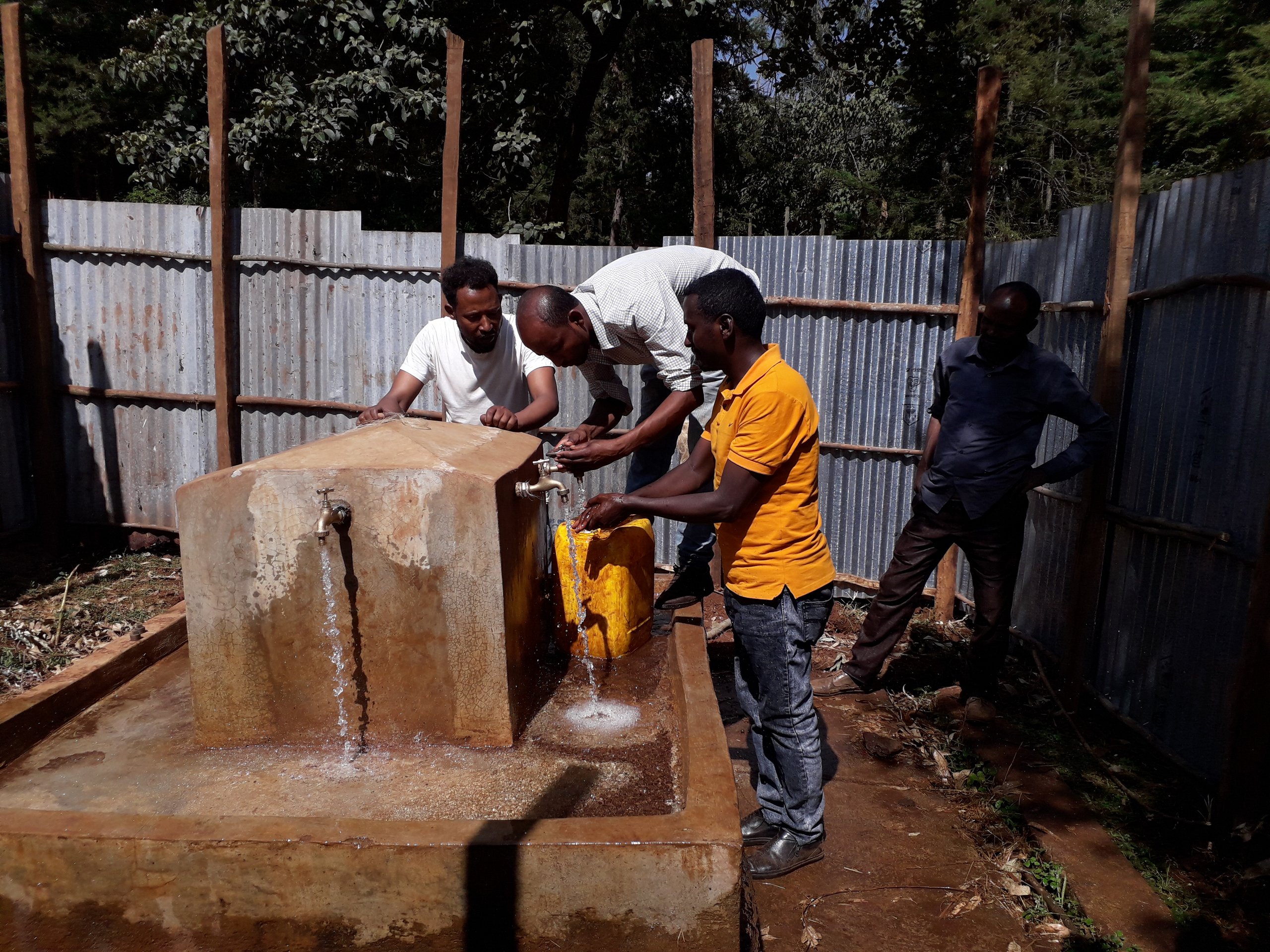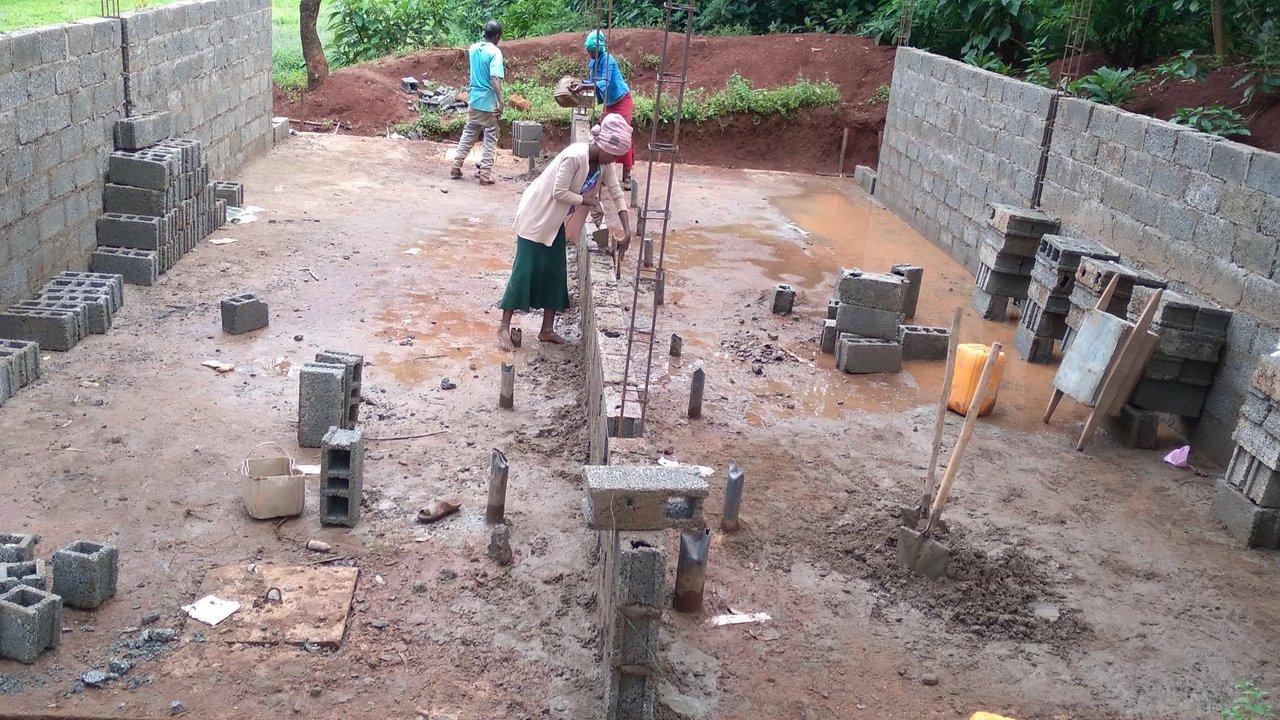Bilaa is located in the less developed western part of Ethiopia where poverty is widespread. As communities in that region have to fight for their survival, they generally cannot afford to build basic infrastructure such as sanitation or hygiene facilities. Local schools usually build makeshift latrines from unprocessed wood, which only has a lifetime of three years and is unhygienic even when it is still new. These unacceptable conditions are regularly causing high numbers of school dropouts. The lack of washbasins also leads to the spread of diseases.

